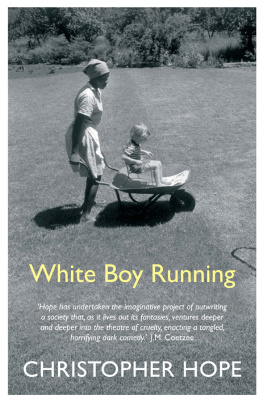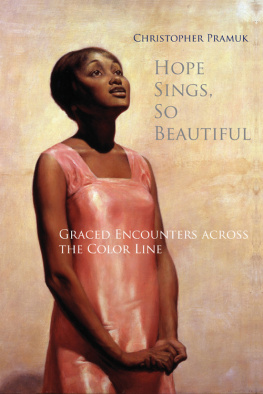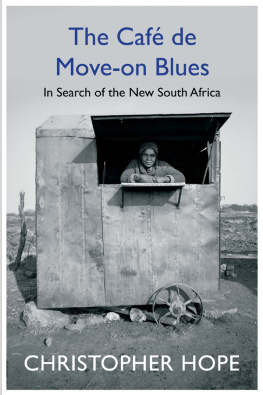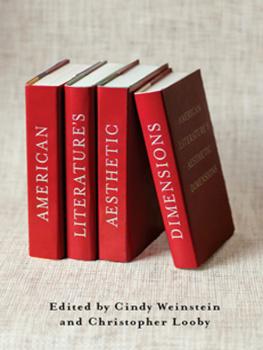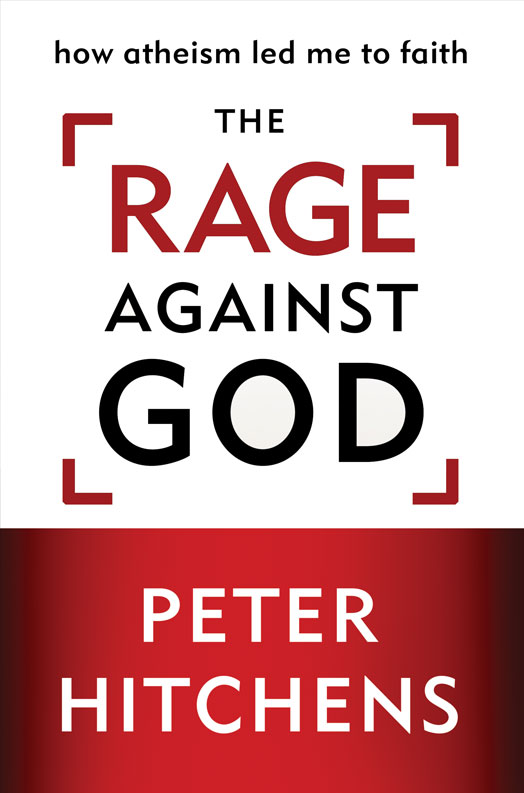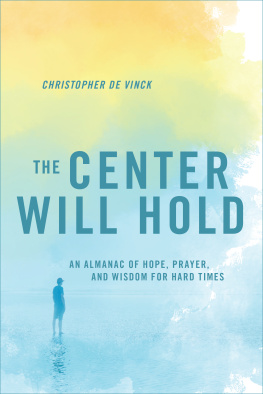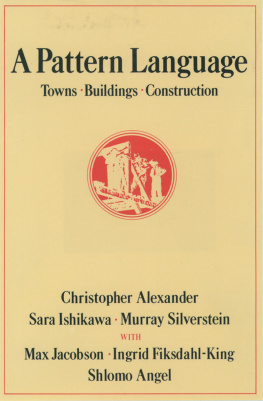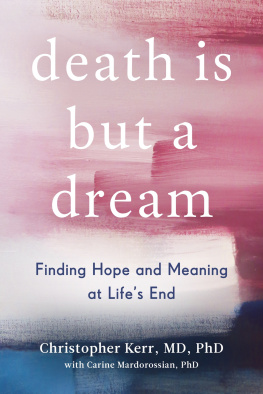Christopher Castiglia - The Practices of Hope
Here you can read online Christopher Castiglia - The Practices of Hope full text of the book (entire story) in english for free. Download pdf and epub, get meaning, cover and reviews about this ebook. City: New York, year: 2017, publisher: New York University Press, genre: Art. Description of the work, (preface) as well as reviews are available. Best literature library LitArk.com created for fans of good reading and offers a wide selection of genres:
Romance novel
Science fiction
Adventure
Detective
Science
History
Home and family
Prose
Art
Politics
Computer
Non-fiction
Religion
Business
Children
Humor
Choose a favorite category and find really read worthwhile books. Enjoy immersion in the world of imagination, feel the emotions of the characters or learn something new for yourself, make an fascinating discovery.

- Book:The Practices of Hope
- Author:
- Publisher:New York University Press
- Genre:
- Year:2017
- City:New York
- Rating:4 / 5
- Favourites:Add to favourites
- Your mark:
- 80
- 1
- 2
- 3
- 4
- 5
The Practices of Hope: summary, description and annotation
We offer to read an annotation, description, summary or preface (depends on what the author of the book "The Practices of Hope" wrote himself). If you haven't found the necessary information about the book — write in the comments, we will try to find it.
The Practices of Hope — read online for free the complete book (whole text) full work
Below is the text of the book, divided by pages. System saving the place of the last page read, allows you to conveniently read the book "The Practices of Hope" online for free, without having to search again every time where you left off. Put a bookmark, and you can go to the page where you finished reading at any time.
Font size:
Interval:
Bookmark:
Christopher Castiglia

NEW YORK UNIVERSITY PRESS
New York
NEW YORK UNIVERSITY PRESS
New York
www.nyupress.org
2017 by New York University
All rights reserved
References to Internet websites (URLs) were accurate at the time of writing. Neither the author nor New York University Press is responsible for URLs that may have expired or changed since the manuscript was prepared.
Library of Congress Cataloging-in-Publication Data
Names: Castiglia, Christopher, author.
Title: The practice of hope : literary critics in disenchanted times / Christopher Castiglia.
Description: New York : New York University Press, c2017. | Includes bibliographical references and index.
Identifiers: LCCN 2017008042| ISBN 978-1-4798-1827-3 (cl : alk. paper) | ISBN 978-1-4798-0355-2 (pb : alk. paper)
Subjects: LCSH: Criticism,
Classification: LCC PN81 .C393 2017 | DDC 801/.95dc23
LC record available at https://lccn.loc.gov/2017008042
New York University Press books are printed on acid-free paper, and their binding materials are chosen for strength and durability. We strive to use environmentally responsible suppliers and materials to the greatest extent possible in publishing our books.
Manufactured in the United States of America
10 9 8 7 6 5 4 3 2 1
Also available as an ebook
For Robert L. Caserio
This book began when Gordon Hutner invited me to write an article for American Literary History on Newton Arvin. I am deeply grateful to him for that invitation. A version of chapter 2 appeared in the New Cambridge Companion to Herman Melville, a section of the fourth chapter appeared in a special issue of Early American Literature, and sections of the introductory material appeared in Turns of Events, Critique and Postcritique, and a special issue of English Language Notes. With these publications I benefited from the thoughtful criticism provided by anonymous readers and from the insight and generous guidance given by their editors, for which I thank Robert S. Levine, Hester Blum, Rita Felski, Elizabeth Anker, Russ Castronovo, David Glimp, Sandra Gustafson, Edward Cahill, and Edward Larkin. I gratefully acknowledge permission to reprint those sections here.
For inviting me to present portions of this book at conferences or at their home institutions, I offer my thanks to Jonathan Arac, Hester Blum, Amanda Claybaugh, Dave Coolin, Nan Da, Jonathan Elmer, Bert Emerson, Carrie Hyde, Eve Keller, Greg Laski, Dominic Mastroianni, Lloyd Pratt, Joseph Rezek, and Leonard Tennenhouse. I also thank audience members at those presentations for helpful questions, comments, and suggestions, especially David J. Alworth, Paul Bov, Ed Cahill, Leigh Gilmore, Nancy Glazener, Christian Haines, Glenn Hendler, Maurice Lee, Heather Love, Joseph Rezek, Augusta Rohrbach, Jack Selzer, and Jordan Stein. My chapter on Richard Chase benefited from several conversations with Bradley King. My deepest thanks go to Donald E. Pease, whose encouragement of and insight into this project since its inception have demonstrated a generosity and a capacious intelligence from which I consistently benefited. He is the interlocutor one both fears and thanks ones stars for.
Much of my thinking for this book happened during a graduate course I taught at Penn State. To the participants of that section of English 597 I owe a large debt. I am also grateful to the graduate students who have continued on that journey with me, especially Ting Chang, Colin Hogan, Lisa McGunigle, Ryan Marks, Eric Norton, Nate Redman, Sarah Salter, Erica Stevens, Tyler Roeger, Eric Vallee, and Nate Windon. Your generosity to me and to each other has been an inspiration. I thank Leslie Joblin for her meticulous help in preparing the manuscript.
Many colleagues and friends have offered commentary, listened patiently, and/or gotten me laughing during the writing of this book, for which I give my hearty thanks to Branka Arsi, Martin Berger, Michael Brub, Hester Blum, Joe Bound, Russ Castronovo, David Chinitz, Elizabeth Maddock Dillon, Tom Douthit, Paul Erickson, Eric Hayot, Kate Jensen, Julia Spicher Kasdorf, Kristen Kelly, Bob Levine, Chris Looby, Janet Lyon, Jen Manion, Anne McCarthy, Dana Nelson, Carina Pasquesi, Rick Rodriguez, Ben Schreier, Susan Squier, Matt Tierney, Priscilla Wald, Joyce Wexler, Jim Woodell, and the Rumors crowd (you know who you are). Dana Nelson, my co-editor on J19, has been almost every day for the last five years a source of sanity, sensitivity, and laughter. I am enormously grateful to have that in my life.
From my first meeting with Eric Zinner to discuss this book, I knew his sensitivity to its concerns, his capacious understanding of the audience it addresses, and his dry sense of humor as a counter to my rambling enthusiasm all make him the editor I had hoped to find. I am enormously grateful to him for his guidance, support, and patience. I also want to thank Alicia Nadkarni and Alexia Traganas for their cheerful guidance throughout the process.
A Mellon Distinguished Scholar Residency at the American Antiquarian Society and a faculty fellowship at the Penn State Institute for the Arts and Humanities enabled the writing of this book. I am grateful to the staff and directors of the AAS and the IAH. I thank the Columbia University Butler Library Special Collections staff and the Smith College Sophia Smith Collection staff for their guidance through the Richard Chase and Newton Arvin papers, respectively. I would like to thank as well Mark Morrisson for his support as friend, colleague, and department head.
Robert L. Caserio has been a colleague, mentor, friend, dinner companion, and source of inexhaustible knowledge. His generous enthusiasm, his staggering erudition, his unflagging kindness, and his levelheaded professionalism have sustained and guided me throughout the writing of this book. Dedicating it to him is the least I could do to show my gratitude.
This book really has a co-author, Chris Reed, my partner in everything. He read draft after draft, discussed every idea, kept me from going too far off the tracks, and convinced me the book was worth writing when I wasnt so sure. His shrewd intelligence, his impeccable editing, his tough criticism, and his interesting conversation made the bookand mestronger and kinder. In ways big and small, he is both my hope and its fulfillment.
These are disenchanted times in literary criticism. There are indeed plenty of reasons for anger, despair, and disappointment today. While circumstances can create suffering, however, they do not dictate the dispositions with which those conditions are met. Disenchantment is the disposition that political theorist worth fighting for and encourage resilience when those struggles seem overwhelming; disenchantment tales discourage affective connections in contexts where detachment is dangerous.
Recent challenges to critical disenchantment have taken on the label of postcritique. This movement challenges the knee-jerk suspicion with which critics scrutinize a texts purported depths for ideological is taken as the sign of critical acuity and topical relevance imagined to be requisite for publication, job placement, and academic advancement. It is this version of critique that has pushed some to seek methodological alternatives in a desire to move post critique.
It is a mistake, however, to abandon critique simply because it has been badly used. Any critical methodology can become grad school
Font size:
Interval:
Bookmark:
Similar books «The Practices of Hope»
Look at similar books to The Practices of Hope. We have selected literature similar in name and meaning in the hope of providing readers with more options to find new, interesting, not yet read works.
Discussion, reviews of the book The Practices of Hope and just readers' own opinions. Leave your comments, write what you think about the work, its meaning or the main characters. Specify what exactly you liked and what you didn't like, and why you think so.

